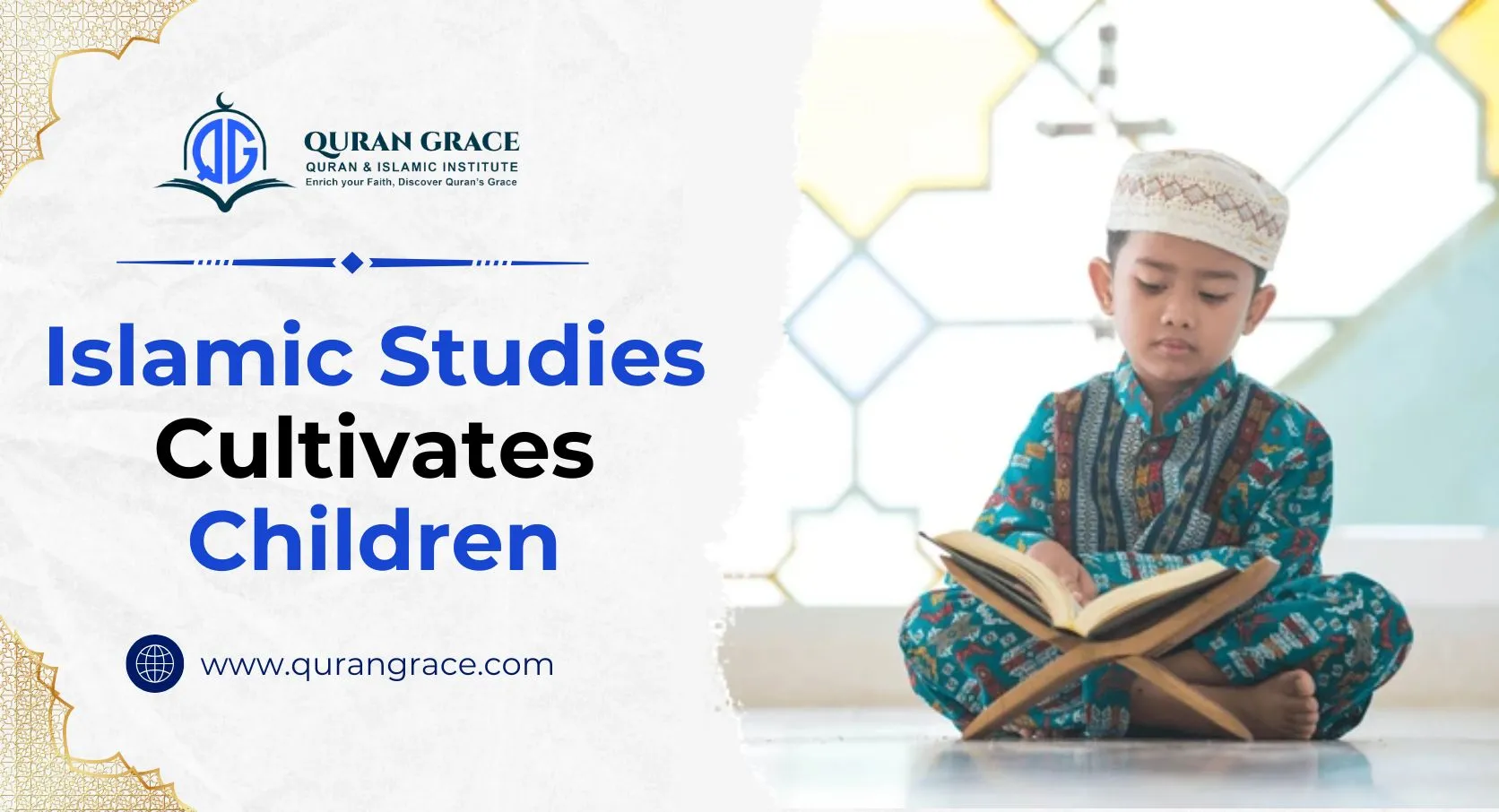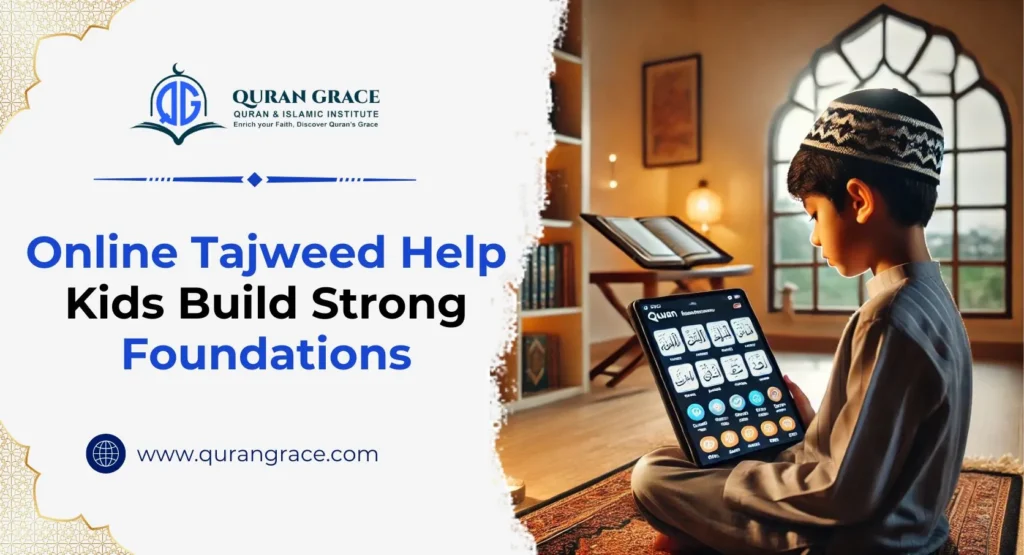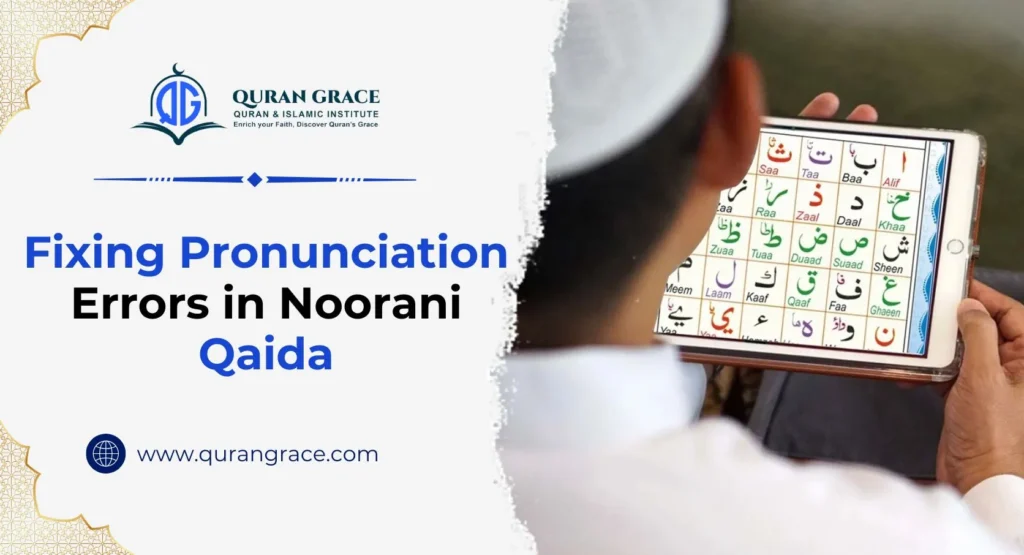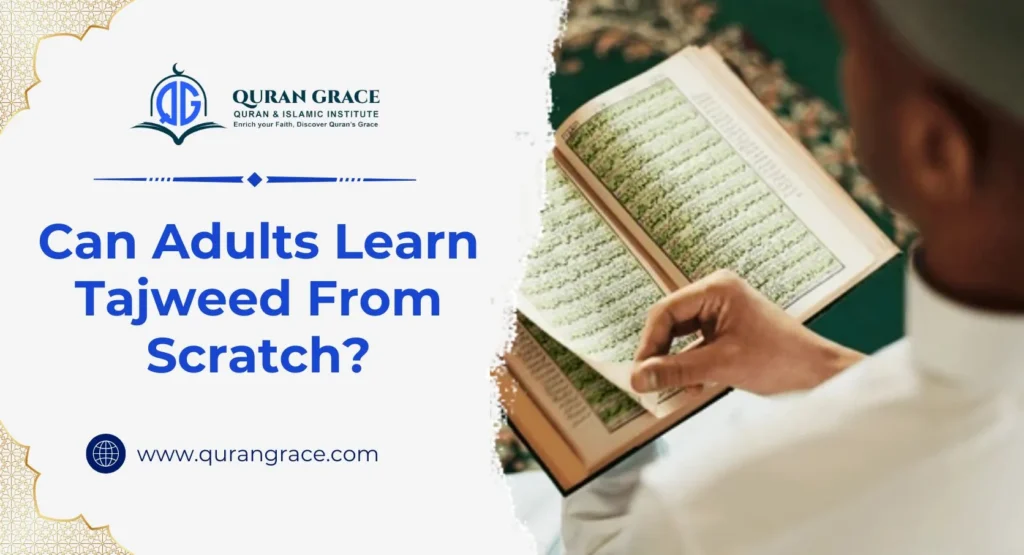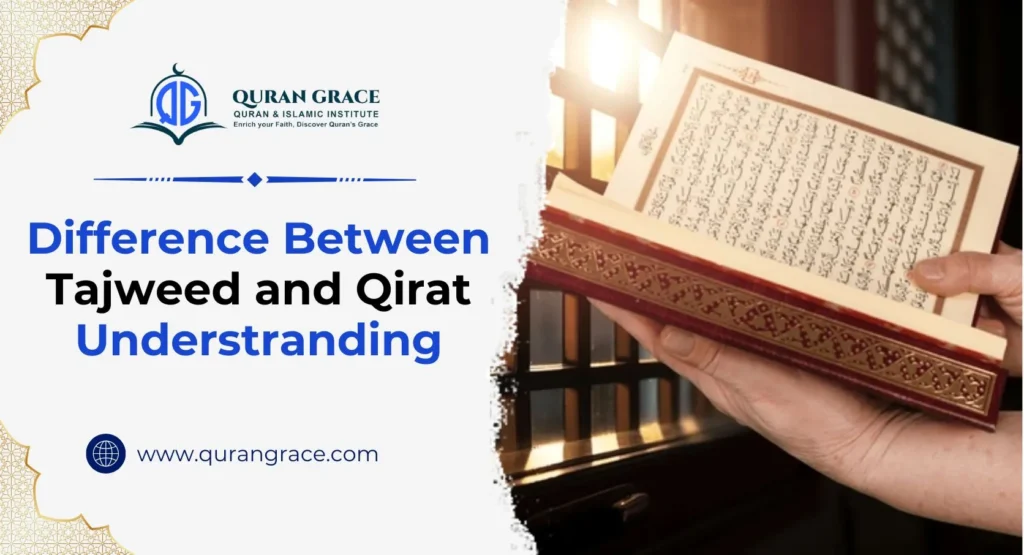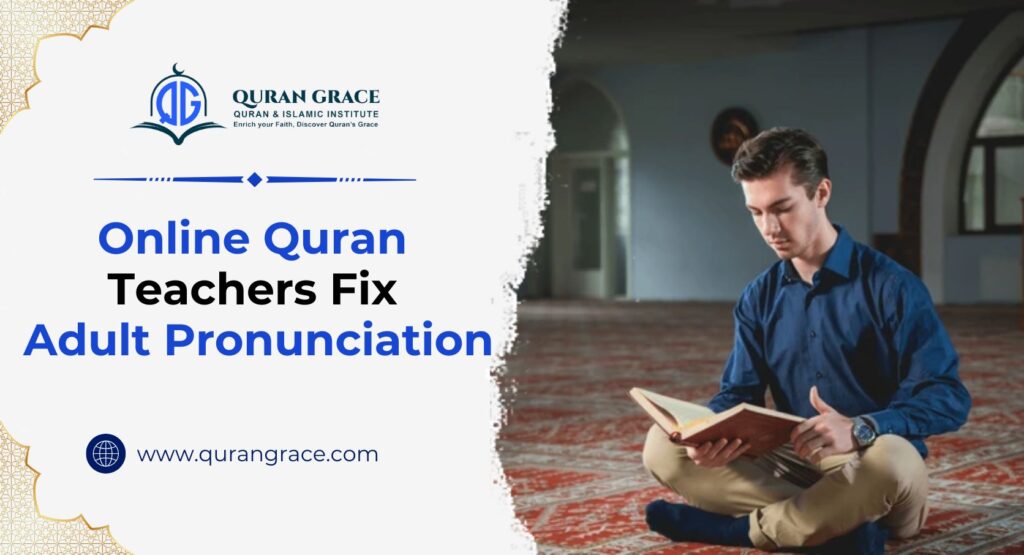Islamic studies play a crucial role in shaping children’s religious understanding as well as their character and values. From an early age, children engaged in Islamic studies develop a solid foundation in Islamic beliefs and practices, gaining a comprehensive understanding of Islamic history and culture. Islamic studies for kids ensure this holistic education aims to nurture future Muslims who are not only well-versed in their faith but also focused on moral development and ethical behavior.
8 Reasons Why Islamic Education Is Needed for Every Child
Today, we will explore how Islamic studies cultivate children.
1. Adopt the Islamic Value
Islamic education plays a vital role in helping children internalize the core principles and values of Islam, including compassion, honesty, and humility. By learning about these essential teachings, children can establish a moral compass that influences their actions and decisions, ultimately shaping their character positively. Additionally, by encouraging children to comprehend and relate to others, this education cultivates an empathetic mindset.
2. Strong Foundation in Islamic Beliefs
Teaching Islam to children establishes a solid foundation for their understanding of Muslim beliefs and practices. Young learners become acquainted with key concepts such as Allah, the Prophet Muhammad, and the significance of worship activities, including Salah (prayer) and fasting during Ramadan.
Additionally, they learn about the importance of charity, known as Zakat, and explore the teachings contained within the Quran. This basic Islamic knowledge for kids is essential in helping them connect with their faith from an early age.
Through consistent learning and practice, children internalize these beliefs and practices, which not only shape their understanding of Islam but also guide their daily lives.
3. Understanding History and Culture
Studying the history and culture of Islam is essential for a comprehensive understanding of the religion. This exploration involves learning about the life of Prophet Muhammad PBUH, his teachings, and the formation of the early Muslim community. By seeking knowledge about Islam, children gain valuable context for their beliefs and practices.
Furthermore, engaging with Islamic art, architecture, and literature allows kids to appreciate the rich cultural heritage associated with Islam. This knowledge highlights the evolution of the religion and its significant impact on shaping various civilizations throughout history. Overall, this thorough understanding enhances their connection to Islamic teachings, values, and helps them to become a scholar in islam.
4. Enhances Critical Thinking
The study of Islam fosters critical thinking in children by encouraging them to ask questions and seek detailed explanations. As they analyze verses from the Quran, they gain insights into their meanings and the contexts in which they were revealed.
Engaging in discussions and debates allows children to develop their reasoning skills, evaluate various perspectives, and form their own opinions. This educational process not only promotes intellectual curiosity but also cultivates a deeper understanding of their faith.
5. Shape a Better Personality
Studying Islam plays a significant role in helping children grow into responsible and ethical individuals in line with the teachings of the religion. Through their education, children gain an understanding of the core values, beliefs, and practices that define Islam. This foundation enables them to apply these principles in everyday life, positively influencing their character and behavior.
Key values such as kindness, honesty, and compassion are emphasized, which are essential aspects of being a good Muslim. Additionally, children can look to the Prophet Muhammad as a key role model, learning about exemplary behavior and the importance of good character. The teachings of the Prophet underline this, as noted in Sahih Bukhari (Hadith 6029), where he states, “The best among you are those who have the best manners and character.” By embracing these teachings, children can cultivate the virtues necessary for personal development and social harmony.
6. Preservation of Islamic Tradition
Keeping Islamic tradition alive means protecting the teachings, practices, and heritage of Islam for future generations. This protection happens in different ways, like memorizing the Quran, sharing Hadith, and saving Islamic books and artifacts.
Islamic education is important for teaching these traditions to children. It helps them stay connected to their religious and cultural heritage.
7. Develop a strong bond with Allah
Developing a spiritual connection with Allah involves fostering a sense of closeness to Him and achieving peace and guidance through acts of worship and devotion. For children studying Islam, this connection is nurtured by learning about Allah’s attributes, including His mercy and the significance of His role in their lives. As they grow in their faith, they strengthen this bond through practices such as Salah (prayer), recitation of the Quran, and contemplation of His signs present in the world around them.
Allah says in the Quran:
“And when My servants ask you concerning Me, indeed I am near. I respond to the invocation of the supplicant when he calls upon Me.“
8. Focusing on Moral values
Emphasizing moral values during a child’s development is essential for fostering positive social behavior and enhancing emotional well-being. Research indicates that children who learn values such as honesty, kindness, and respect are likely to develop better relationships and exhibit greater empathy. This moral foundation is crucial for shaping their future interactions and decision-making abilities.
Additionally, the teachings of the Prophet Muhammad PBUH highlight the significance of ethical conduct. In Sahih Muslim (Hadith 32), he states,
“I have been sent to perfect good character,”
Conclusion
Fostering a love for the Quran and Islam is essential for nurturing young minds and hearts positively. It’s important to introduce Islamic values through content that is suitable for their age. Quran Grace offers a variety of Islamic studies classes tailored for children of different ages. Parents can enroll their children based on their age group, and also have the opportunity to participate in a free evaluation class at the start.

